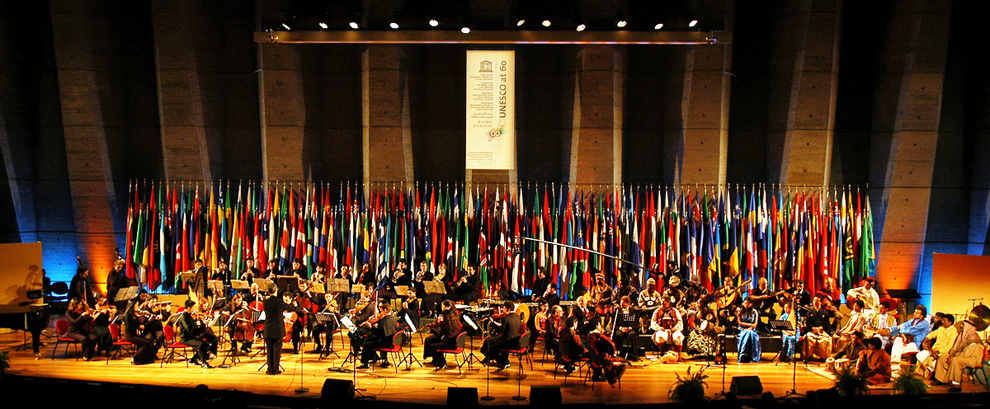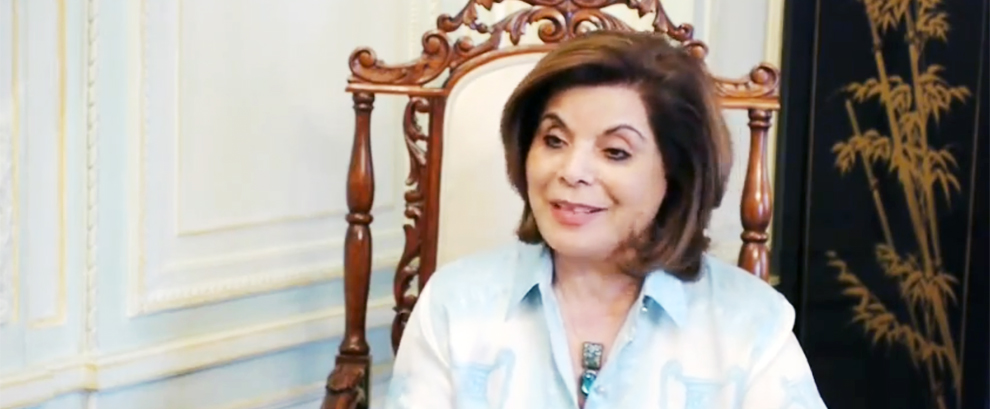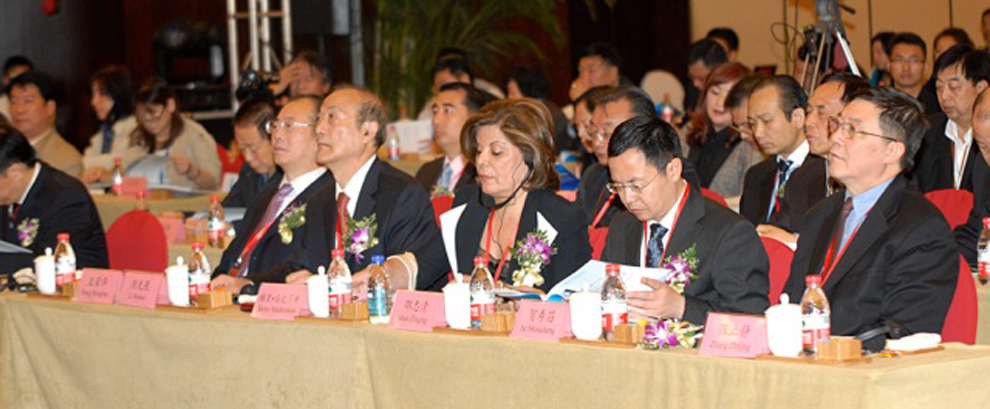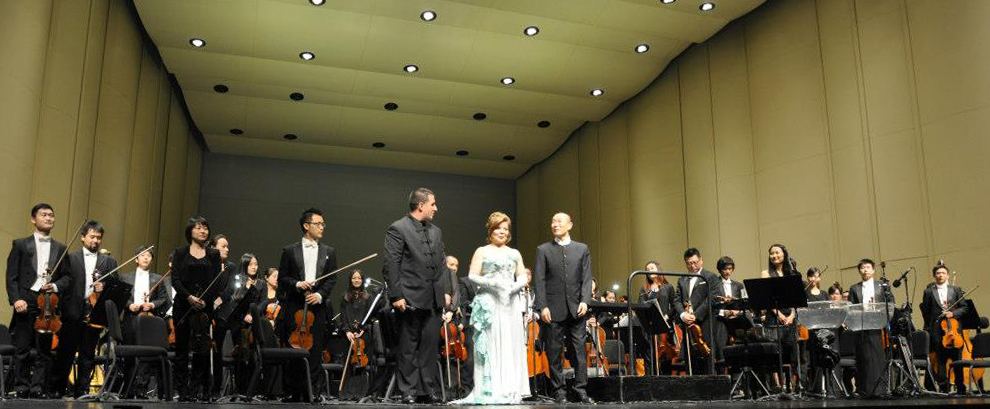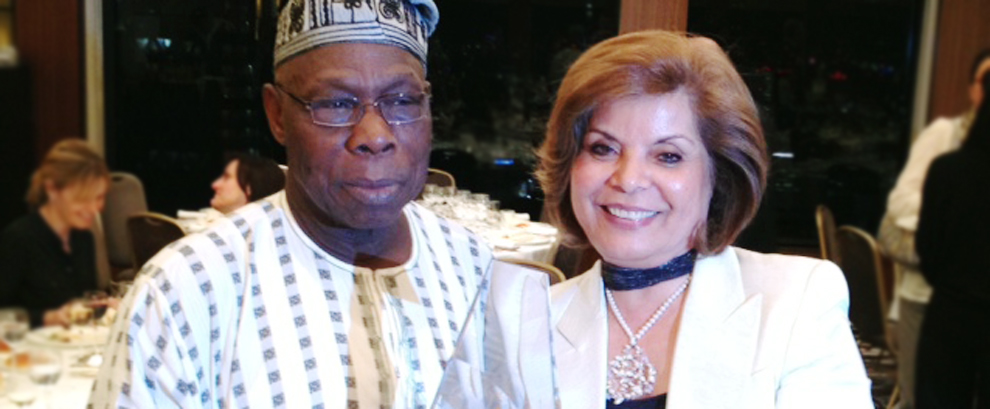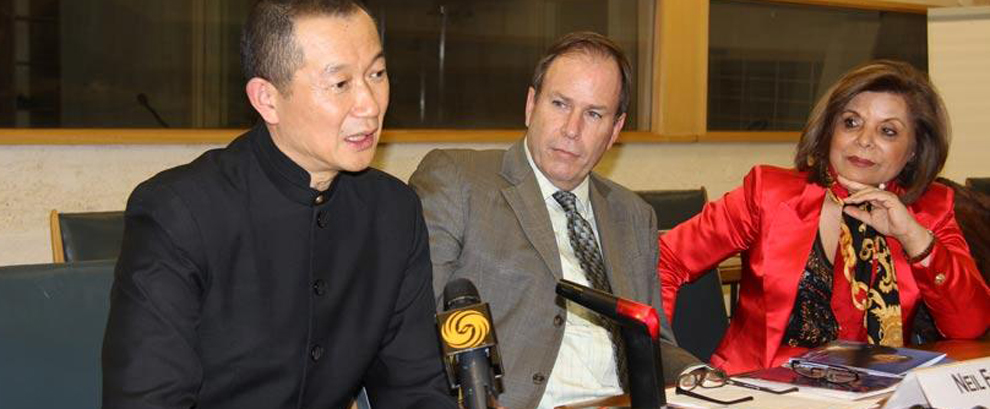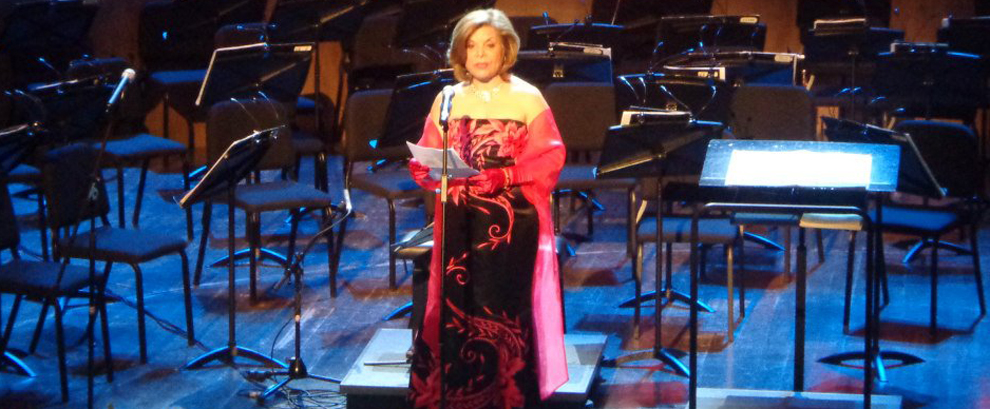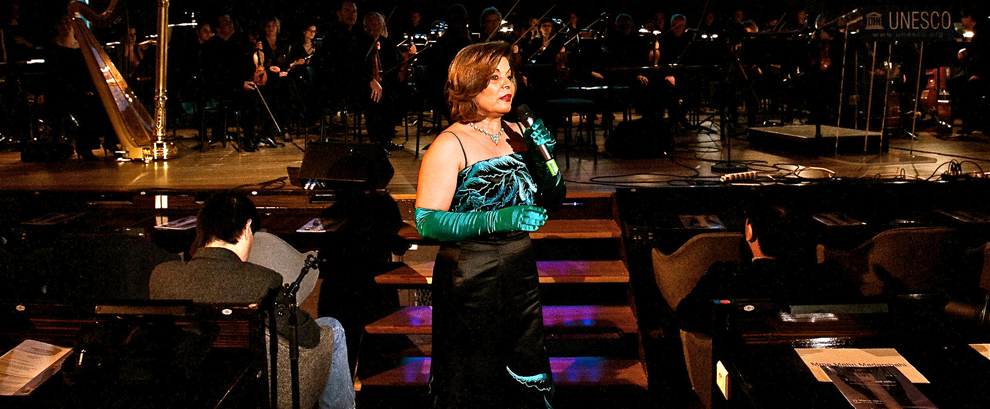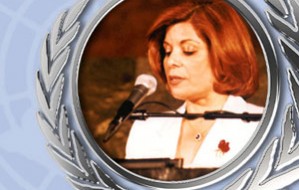
MaximsNews Network
By Mehri Madarshahi
This is historic and unprecedented enthusiasm from ordinary people throughout the world: Asia is claiming him for his Indonesian childhood, Africa is owning him for his Kenyan father and his ancestral background, the Middle East is vying for him for his middle name – and his mother has been a white American woman from the state of Kansas.
Europe is thrilled by the prospect of ending the Bush era, with the legacy of two wars and a global financial crisis. Europe and the world are looking for a fresh start with a US President with whom the world can identify and who advocates multilateral solutions to the prevailing problems.
As the French State Secretary for Foreign Affairs, Rama Yade, recently stated “The Obama adventure is what makes America magical”. Constanze Steltzenmueller of the German Marshall Fund brought it to the point in a recent discussion that “In a globalized world, America’s President can shape lives worldwide. He is our president too”. Searching for a “French Barack Obama” was the headline in a “Le Monde” article last week…
Well, our wholehearted congratulations Mr. President-elect, for this unprecedented popularity and global respect that you have garnered and which you command as a result of your intellect, intelligent leadership and your humility and humanity.
Your election gives rise to hopes for restoration of globally shared values like solidarity, respect for human rights and democratic values, tolerance, mutual understanding and more.
Values that have been given a bad name over the past few years. Today, America puts its seal of approval on a great, exciting and unprecedented moment in its history.
In the process of presidential elections, it seems all politics is local, and running for president is rather like running for “mayor of America”. Each candidate is expected to promise to make his constituents’ lives better, safer and richer.
That’s why issues related to job loss, unemployment, healthcare and income tax took a better part of the televised presidential debates. Judging from the tenor of the campaign’s final days, America once again stayed the course and elected a new leader of the world for entirely local reasons.
Thus, the trillion-dollar question today is: how long will the honeymoon and the excitement last – at home and abroad?
At home:
Among the immediate and short-term challenges looming high and far is the calamitous economic recession linked with the virtual collapse of the banking and credit system (afflicting both the US and the rest of the world).
This causes an increasing loss of jobs and soaring unemployment rates, falling consumer confidence and spending, decreasing tax receipts and ultimately maybe even deflation.
Add to that the unabated Medicare crisis (which began running a deficit this year), the collapse of the housing market with foreclosures and personal bankruptcies, high energy price and uncertain energy supply as well as the burden caused by the biggest wartime deployment of US troops since the Vietnam war.
After the collapse of Lehman Brothers and the most costly bailout of a private company, AIG, the immediate “rescue plans” had to be decided in a hasty manner.
The plan aimed primarily at stabilizing – even if only temporarily – the banking and insurance systems and to restore partial confidence in the financial markets again.
The US lawmakers dipped into US$700 billion tax payer money and other industrialized and developed countries brought to the table more than a trillion dollars to shore up the ailing financial sector.
And the process of bailing out the banking system started in Australia where billions of Australian dollars were injected into the collapsing credit market.
Great Britain followed suit when Gordon Brown’s government decided to save 4 major banks by pledging 40 billion pounds. Next was Sarkozy’s France rushing with some 300 billion Euros to the rescue and Merkel’s Germany with over 100 billion Euros.
Further rescue packages were then bundled especially by the EU and other countries like Russia, India, Brazil, and many more. The US Congress approved its record bailout without much conditionality and without ensuring that the industries concerned would be managed and governed with more accountability and transparency and subject to strict and stiff regulatory measures.
It is estimated that every living American will need to be taxed close to US$3000 in order to payback the US$ 700 billion provisions. Legitimate questions are arising: does the Government and Congress only bail out the big wigs, while the poorer segments of society are doomed to suffer from the consequences of unpaid mortgages and lost jobs.
These swift actions are to be considered only as a temporary band-aid for the bleeding world economy. Obama as the President should keep this matter under close scrutiny and ensure that the temporary hasty actions are complemented with more coordinated worldwide decisions to regulate the run away train of global banking and financial system.
What were the underlying causes of this calamity?
Arguably, it was partly due to a slowing economy, which was over-medicated by the “stimulus package”, prescribed by Bush administration. Mingling billions for the Iraq and Afghanistan wars, financing ill-advised tax cuts, deregulation measures, low interest rates and a rise in inflation-a recipe for disaster!
As the Democratic nominee, Barack Obama proposed a series of additional steps to the bailout plan of the Congress including a 90-day moratorium on home foreclosures and a tax credit to spur job creation.
Nevertheless, restoring consumer confidence and finding a solution for the several trillion dollar federal deficit — which rivals that of the post World War II period — is key. These are bound to be high on the agenda of President Obama.
Abroad:
On January 20, 2009, the President Elect will be thrust headlong into a withering array of foreign policy crises, which he must tackle.
The disastrous foreign policy of the past eight years will demand their toll: two unfinished wars; thriving Al Qaida and Taliban insurgencies in the Afghanistan-Iraq-Pakistan; the disposition of the Guantanamo facility and its 255 prisoners; relations with China, Russia, Iran, the Israel-Palestinian conflict and relations with Arab States; and then the European dossier.
In recent years, America has lost international standing among its natural allies such as Britain, France, Mexico or Canada. Other problems such as climate change, environmental degradations, rampant poverty and infectious diseases as well as a global food crisis affect American national interest and security and call for immediate attention.
This bewildering array of dangerous challenges will be on the foreign policy front burner.
In Afghanistan, the unfinished war in the wake of the September 11th attack in New York has flared over a major insurgency.
Questions and uncertainties on the size of military buildup and the extent of empowerment granted to the present corrupt and ineffectual central Government, as well as cross boarder insurgencies, that have destabilized the newly elected civilian Government in Pakistan, are likely to be exacerbated by the arrival of winter and food shortages.
Iraq is in a volatile situation and in need of an immediate intelligent and practical policy approach. Five years after the US invasion, there is still no clear-cut solution on what to do with a deeply divided country and how to deal with its immediate neighbors.
Obama is able to grasp the fact that any solution must be comprehensive and agreed upon by all involved. The approach of the Bush Administration will no longer do.
The resentfulness of Pakistani leaders to the unilateral US fight against rebels and terrorists has led to an increasing anti-American sentiment in Pakistan, creating a mixed bag of difficulties requiring immediate attention.
Because Pakistan is a nuclear power, if its situation were to escalate into a full-scale civil war the world may face a civil conflict involving nuclear weapons. Will President Obama avoid military interventions and be able to successfully pursue other options such as collaborative efforts in the region to defuse the problems?
The ability to tackle the deteriorating security situation in Afghanistan and to pursue militants is “linked to the ability to make progress on political reconciliation in Iraq and the ability to draw down there”.
The Bush administration’s resistance to engaging foes has left limited many diplomatic options. President Obama could make a fresh start by returning to high level diplomacy with all nations, allies and perceived enemies alike.
Russia’s ouster from the Group of Eight in response to Moscow’s August war with Georgia as proposed by Mr. McCain would not be a solution. The cold war period is over and is unlikely to be recast under whatever pretext. US and Russia are natural allies in their war on terrorism and against the proliferation of nuclear weapons around the world.
Repairing ties with traditional allies, including many European countries that became strained under the Bush Administration will be another priority area.
One thing is clear; the President-elect has tough tasks ahead.
Not only must he work toward re-elevating America’s standing in the world but he will also need to demonstrate to an increasingly frustrated – and fearful – global public that his policies are a real change from the past eight years.
Can the new President bring the world together to work and interact “as one”? Would that be too much for any President to expect and to deliver?
A rude awakening with dashed hopes would be most unfortunate for a world that is ready to be led. Let us hope that the new President will be blessed with the same unflappable and open-minded spirit in which he has conducted his election campaign.


